Supplements Are NOT Hormones
The number one question I get from women on this menopause journey is “What supplements can I take instead of hormones?”
The answer is none.
But if we change the question to “what supplements can I take to support my body during menopause?” (peri and post included) then the answer is quite different.
With the continued rise of mlm companies, of health and wellness experts and know it alls… it’s pretty easy to get mislead. We talk about the pharmaceutical industry being corrupt, well the “Health & Wellness” space is even worse.
Let’s simplify this a little, starting with Estrogen. There is no estrogen supplement, there are hormones in both the synthetic Estrogen format and the body/bioidentical format of Estradiol (E2). There are also dietary supplements – that help support the pathways the body uses to make it’s own estrogen. But they can only do so much. You can’t help your body make something that isn’t available. It’s like putting gas into a car that has no tires. It won’t go anywhere.
We know that gut health is important, supporting our adrenals and managing stress is also important. Of course you can supplement to help these factors, you can also eat a clean diet (whateve that means) and of course getting adequate sleep (wait who can sleep when our hormones have tanked!).
As we enter Perimenopause, our estrogen drops – but not enough to replace it with hormones. This is the time where we can support our production with a few additional lifestyle factors.
-
- Manage your stress. If you are suffering from chronic stress you need to help your body manage it. Herbs can help in a big way, opt for nervines over adaptogens – they often do the job way better and gentler.
- Excessive exercise is a no no – but weight training is great! Watch out for some of those HIIT coaches who don’t relize it may not be the best thing for a perimenopausal woman
- Fad diets – can we stop using the one size fits all.
- Restrictive dieting (coming from a carnivore lover that might seem odd – but it’s not restrictive)
- Hysterectomy – partial or full. Both can send us into full on menopause. In fact any kind of ovarian surgery can do this.
- Pituitary gland dysfunction.
- Underweight – this can cause a decline in estrogen.
- Certain health conditions (POI, POF, chemo, radiation, genetics, etc)
I’m going to break down some of the most commonly recommended herbs and supplements. What is good, what isn’t needed and of course what is popular but has contraindications (that aren’t talked about enough)
-
- Vitex Agnus Castus (Chaste Tree)
- Black Cohosh
- Phytoestrogens
- DIM
- Magnesium
- Probiotics/Prebiotics
- Vitamin D3 (and K2)
Chaste tree aka Vitex
This popular herbal remedy is used as a cure all, but it comes with some serious cautions. Those with high progesterone should NOT be taking this. It can actually make you extremely sick, true herbalists know this. It works by infuencing the pituitary gland. It’s a great addition for those with PMDD and PMS. The Dopaminergic compounds help treat premenstrual mastodynia along with other symptoms of PMS. It (like many other herbs) works best in a stack – or formula. It works especially well when combined with black cohosh to help combat symptoms of low estrogen (flushing, night sweats, sleep issues, and anxiety).
Black Cohosh
Same deal as Vitex, it helps with low estrogen SYMPTOMS. It is said that it helps promote the balace of estrogen by way of modulation (like an estrogen bouncer). It’s got some phytoestrogens, as well as other phytochemicals like flavonoids – which they say is what helps it to act as a SERM (Selective estrogen receptor modulators are hormone therapies that manage how estrogen works in your body, Tamoxifen is a SERM).
Phytoestrogens
These are simply not going to cut it. To a degree they will help manage symptoms, but this is a mask. Of the hundreds of women that I monitored over the course of a 2 year period, none of the ones using phytoestrogens and isoflavones (derived from plants like soy) were able to successfully increase the hormones needed. There is a difference between masking symptoms and replacing protective hormones. Just because something symptom manages, doesn’t mean is is protecting you, and that protection is VERY important as our hormones decline.
DIM
I stopped using DIM quite a few years back, I realized it was overhyped and it underdelivered. It’s a favourite with those who cannot prescribe for it’s ability to assit in the conversion of estrogens. It helps increase conversion to 2OHE1, while discouraging the conversion into 16OHE1, but it can also have some negative impacts (dependign on which expert you listen too). I’m a big fan of genetic testing for this. Which estrogen bucket are you filling the fastest and how fast are you emptying the buckets, this is important info to have ladies. I’ve seen some patients who have self medicated with DIM because of a blog article…which can CAUSE an inbalance. If you are going to take it you shouldn’t go past 100mg/day (50mg/day is a decent start). If you are clearing your estrogen too quick you can make symptoms worse. It’s not going to raise your estrogen, it’s more meant to give the “good one” a better chance (if you are producing enough that is).
Magnesium
This is one of my favourite stacks. By stack I mean more than one supplement that helps the other supplements in the stack perform better. D3 + K2 + Magnesium is a go to in my practice. You can read more on why I recommend K2 to always be taken with D3 in my previous article here. Magnesium plays so many important roles within the body, one of them is estrogen metabolism. It also supports our adrenals (HPA axis) which helps with estrogen production. There are a bunch of different types, they all do something different. I like Malate as glycinate converts to oxalates for some. Threonate is the new kid on the block, great for the brain!
Pre and Probiotics
I have a love hate relationship with this topic. It’s such a marketing scam (there I said it!) Once you re-inocculate, which should only takes about 30 days – you are fine to stop taking probiotics, as long as you are getting enough prebiotics to feed the bacteria you don’t need to keep taking them. I also only recommend Natren, no affiliation, I simply see how well they outperform any others I have tested over the years. The reason I included this is cause it seems like everyone out there is promoting them as a cure all. They help the overall gut relationship. Did you know we have an Estrabolome? It’s a bunch of bacteria specific to estrogen metabolism. The gut microbiota regulates estrogens through secretion of β-glucuronidase, an enzyme that deconjugates estrogens into their active forms.
I truly believe that less is more, spend your money where it counts. Instead of hundreds of dollars on supplements you don’t need, just go straight to the source. Test your hormones, add them back in. You can’t outsuppement a bad diet or declining hormones.
Have questions? Leave a comment or reach out and schedule a Courtesy Call
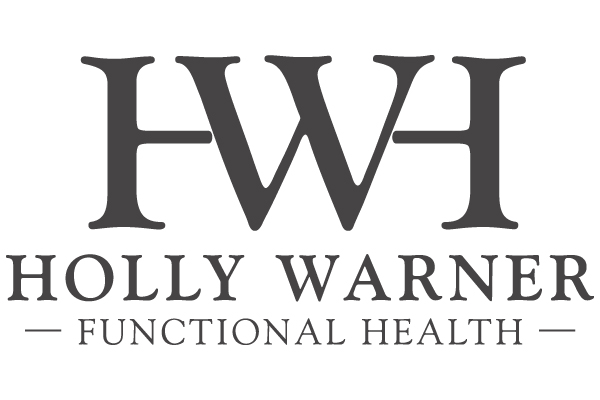

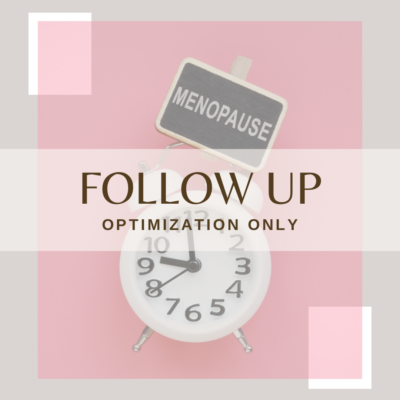
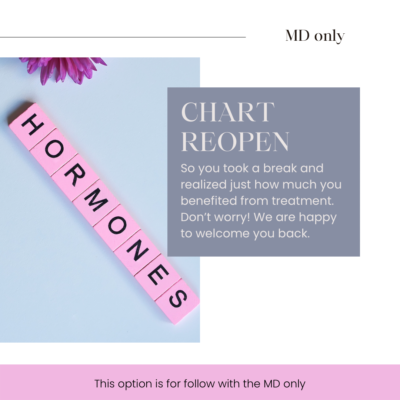
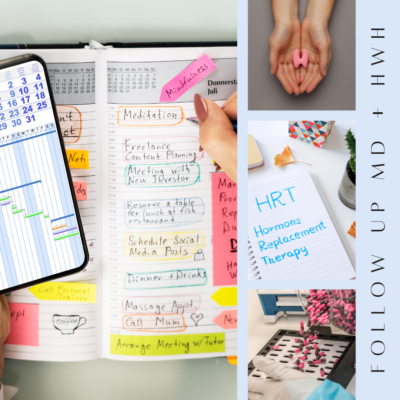
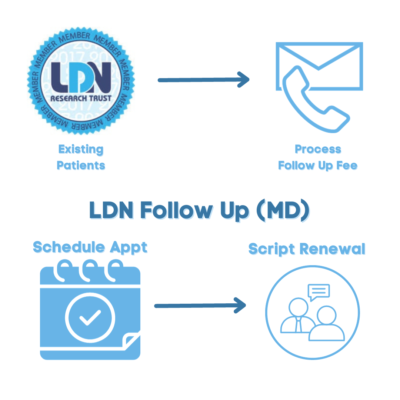
I really appreciate your blog. After being on the ever spinning menopause wheel like a hamster and a cage I finally found Holly. I’m going to leave a testimonial, but for anyone reading this blog, or any of her other blog articles, you can know one thing is for sure!! Holly is the real deal. She doesn’t over prescribe supplements and she doesn’t, empty her wallet of every last dime. She’s worth every penny, and I finally have answers. I don’t just have answers. I have an actionable plan and results because of her. I’ve stopped seeing my naturopathic Doctor Who couldn’t prescribe what I needed and I am focussing on working only with Holly and her team. Best decision I’ve made in a while .